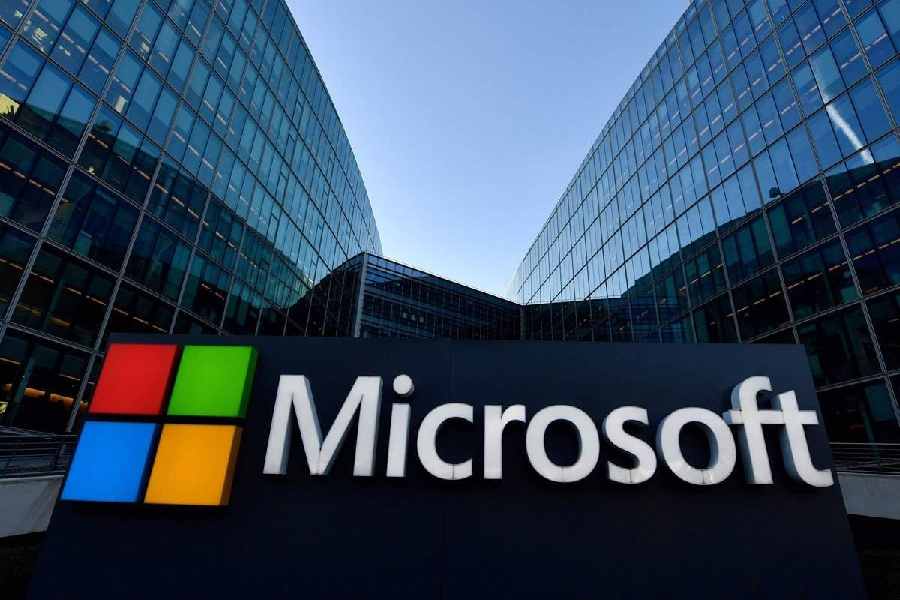A federal judge on Tuesday ruled against the Federal Trade Commission’s attempt to delay Microsoft’s $70 billion acquisition of Activision Blizzard, setting the stage for the tech giant and the video game publisher to merge as soon as this month.
In a 53-page decision, Judge Jacqueline Scott Corley of US District Court for the Northern District of California said the FTC had failed to show it was likely to prove the merger would result in a substantial reduction in competition that would harm consumers. She denied the FTC’s request for a preliminary injunction, which would have delayed the deal’s closing until after the agency could fight it in an internal court.
The ruling is a significant blow to the FTC’s efforts to police blockbuster tech mergers more aggressively. That strategy is spearheaded by the agency’s chair, Lina Khan, who has argued that Big Tech’s vast influence over commerce and communications has led to anticompetitive behaviour.
The FTC has sued Microsoft, Meta and Amazon, but it walked away from one of its cases against Meta and has had little to show for its efforts so far. Microsoft and Activision cheered the ruling.
“We’re grateful to the Court in San Francisco for this quick and thorough decision,” Brad Smith, the president of Microsoft, wrote on Twitter. Bobby Kotick, the chief executive of Activision, said in a statement that the merger would “enable competition rather than allow entrenched market leaders to continue to dominate”.
Douglas Farrar, a spokesman for the FTC, said that the agency was “disappointed in this outcome given the clear threat this merger poses to open competition in cloud gaming, subscription services and consoles”.
New York Times News Service










